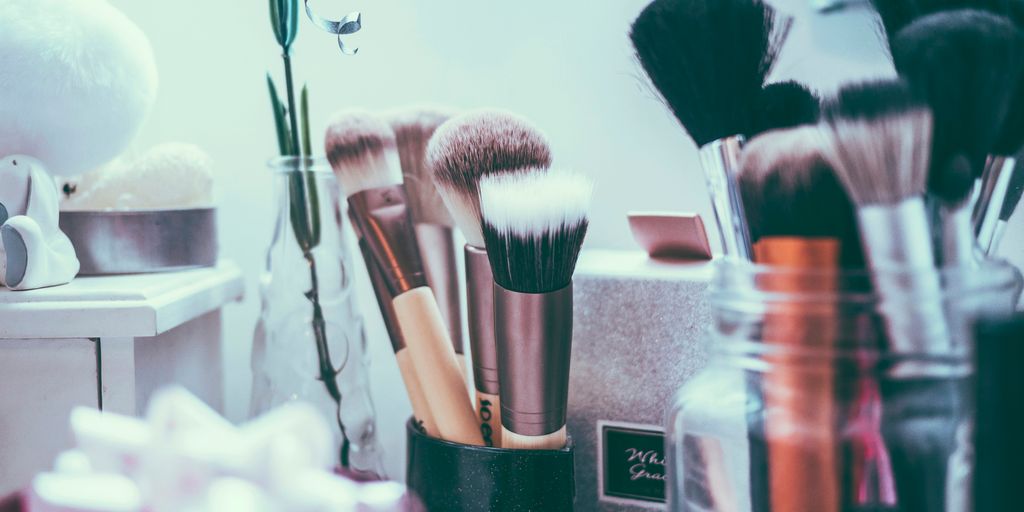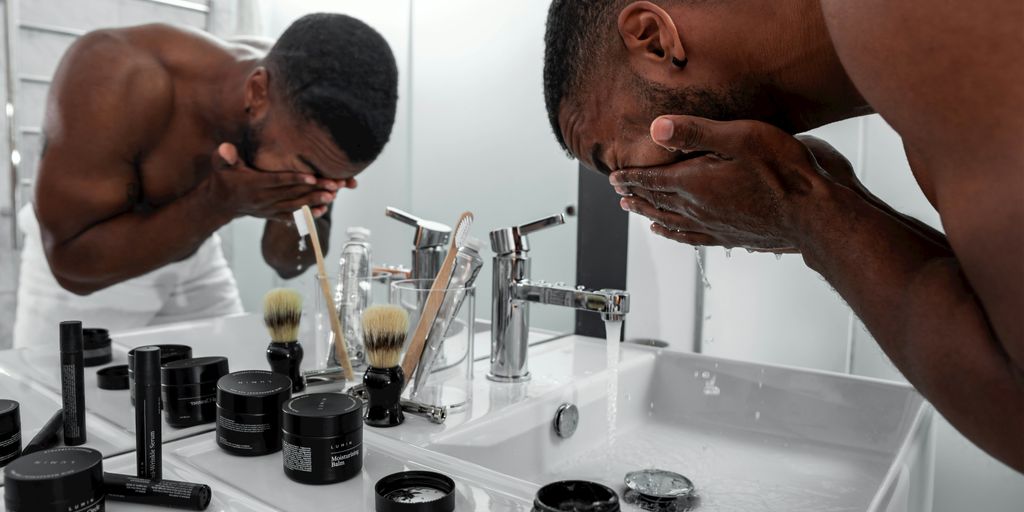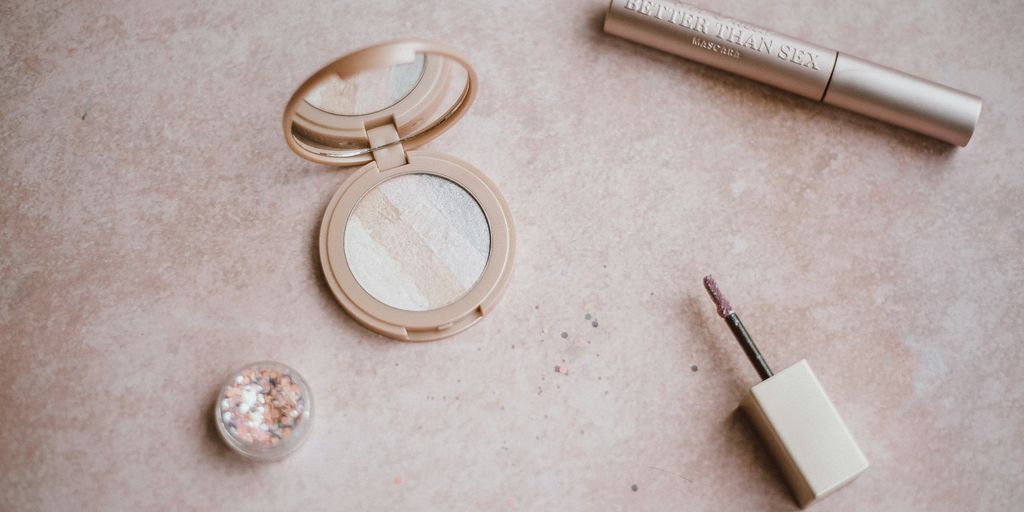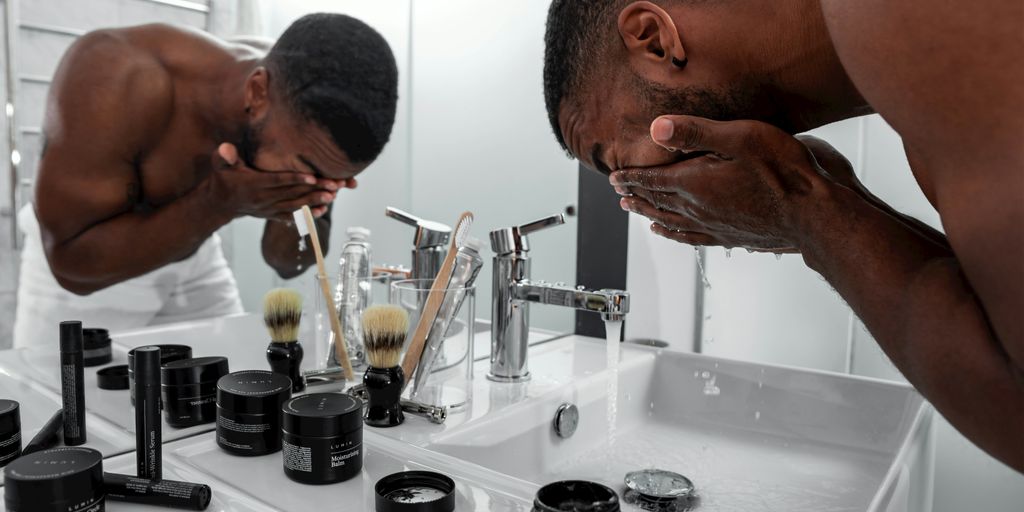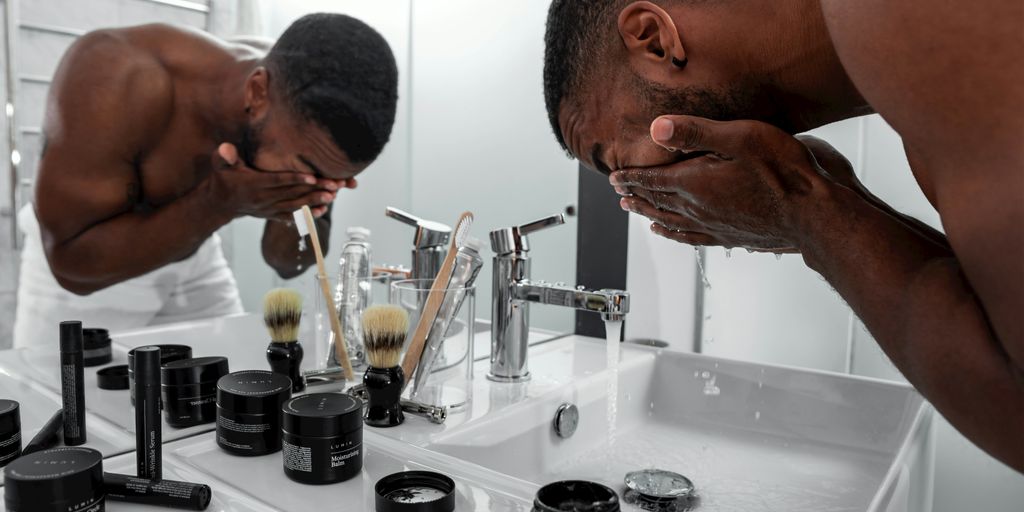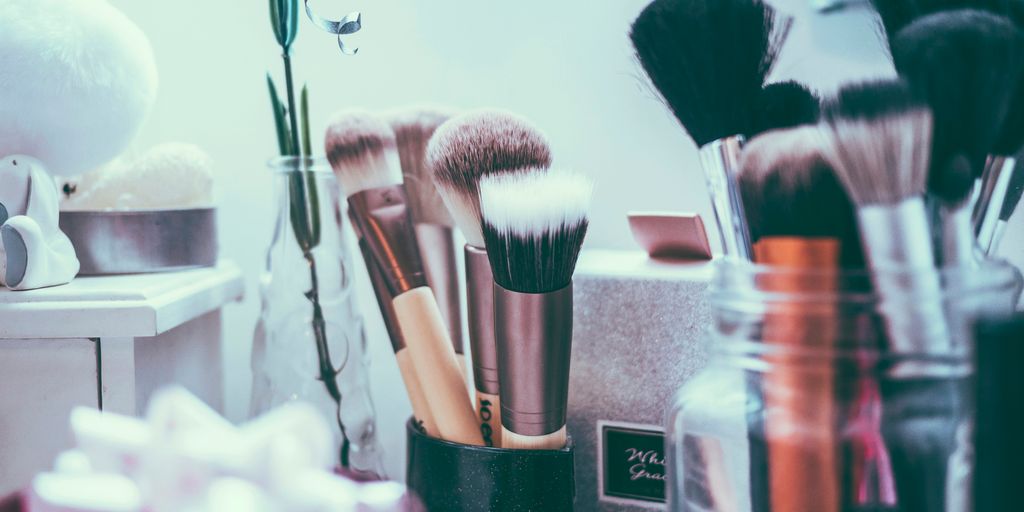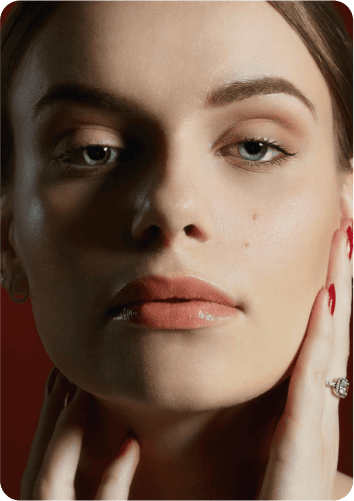As consumers increasingly seek out products that align with their ethical values, the question of whether brands are truly cruelty-free has gained significant attention. One brand that often comes up in this conversation is Suave. In this article, we’ll explore the complexities behind the cruelty-free label, especially as it relates to Suave and its parent company, Unilever. By 2025, we aim to uncover the truth about Suave’s practices and what it means for those who prioritize animal welfare in their purchasing decisions.
Key Takeaways
- Cruelty-free means no animal testing is conducted on products or ingredients.
- Suave is owned by Unilever, a company with a mixed record on animal testing.
- Official statements from Suave regarding cruelty-free practices are often vague.
- Consumer perceptions of Suave’s cruelty-free status vary widely.
- The market for cruelty-free cosmetics is growing, influenced by consumer demand and activism.
Understanding Cruelty-Free Standards
What Does Cruelty-Free Mean?
Okay, so what does "cruelty-free" really mean? It’s not as straightforward as you might think. At its core, it means that a product wasn’t tested on animals at any stage of its development. This includes the ingredients, the final product, and even testing done by third-party suppliers. However, there’s no single, universally accepted definition, which can lead to confusion. Some companies might claim to be cruelty-free because they don’t test on animals themselves, but their suppliers might, or they might sell in countries where animal testing is required by law. It’s a bit of a minefield, honestly.
The Importance of Cruelty-Free Products
Why should you even care about cruelty-free products? Well, for starters, animal testing can be pretty awful. We’re talking about animals being subjected to tests that can cause them pain, distress, and even death. Beyond the ethical considerations, many people believe that animal testing isn’t even the most effective way to ensure product safety. There are plenty of alternative testing methods available now that are often more reliable and humane. Plus, supporting cruelty-free brands sends a message to the industry that consumers care about animal welfare. It encourages more companies to adopt ethical practices. Here are some reasons to choose cruelty-free:
- Ethical treatment of animals
- Support for innovation in testing methods
- Contribution to a more sustainable and responsible industry
How to Identify Cruelty-Free Brands
Figuring out which brands are actually cruelty-free can be tricky, but there are a few things you can do. Look for certifications from organizations like Leaping Bunny or PETA. These organizations have strict standards and regularly audit companies to ensure they’re meeting those standards. Be wary of vague claims like "We don’t test on animals" without any third-party verification. Also, check the company’s website for a clear statement about their animal testing policy. If they sell their products in China, where animal testing is often required, that’s a red flag.
It’s important to remember that even if a brand is certified cruelty-free, its parent company might not be. Some people choose to avoid brands owned by companies that test on animals, even if the brand itself is cruelty-free. Ultimately, it’s a personal decision based on your own values.
Suave’s Parent Company and Its Practices
Unilever’s Animal Testing Policies
Okay, so Suave is a brand under the Unilever umbrella, and that’s important when we’re talking about animal testing. Unilever is a massive company, and its policies are, well, complicated. It’s not as simple as a yes or no answer. They’ve stated they’re working towards ending animal testing, and they have supported the development of alternative testing methods. However, Unilever does sell products in countries where animal testing is required by law.
The Impact of Corporate Ownership
Being owned by a huge corporation like Unilever definitely impacts Suave’s practices. Unilever sets the overall policies, and Suave has to follow them. This means that even if Suave wanted to be completely cruelty-free, they’re still tied to Unilever’s decisions. It’s kind of like being a small boat attached to a big ship; you go where the big ship goes. This also affects things like sourcing ingredients and manufacturing processes. It’s a lot of behind-the-scenes stuff that consumers don’t always see, but it matters.
Brands Under Unilever’s Umbrella
Unilever owns a ton of brands, and some of them are certified cruelty-free. It’s a mixed bag. You’ve got brands like Dove, which have taken steps towards cruelty-free status, but then you have others that are sold in markets where animal testing is mandatory. It can be confusing to keep track of it all. Here’s a small sample:
- Dove
- Vaseline
- Axe
- Ponds
- Suave
It’s worth remembering that a company’s overall stance on animal testing can be influenced by consumer pressure and evolving regulations. Staying informed and making conscious choices can contribute to positive change within the industry.
Current Status of Suave’s Cruelty-Free Claims
Official Statements from Suave
Suave, a brand known for its affordability and accessibility, has faced scrutiny regarding its cruelty-free status. Official statements from Suave often highlight their commitment to safety and quality, but they don’t always provide a clear answer about animal testing. It’s common to see phrases like "rigorously tested" without specifying if these tests involve animals. This ambiguity can be frustrating for consumers who are actively seeking cruelty-free options.
Consumer Perceptions and Reactions
Consumer perception of Suave’s cruelty-free status is mixed. Some believe that because Suave is a budget-friendly brand, it’s more likely to cut corners, potentially including animal testing. Others are more trusting, assuming that all major brands adhere to cruelty-free practices. However, the reality is more complex. Many consumers are turning to online resources and apps to verify claims, showing a growing demand for transparency. The lack of a clear, easily accessible statement from Suave contributes to the confusion and varying opinions.
Comparing Suave to Other Brands
When comparing Suave to other brands, it’s important to consider the broader landscape of the cosmetics industry. Some brands, like those certified by Leaping Bunny or PETA, have undergone rigorous third-party audits to verify their cruelty-free status. Others rely on self-reporting, which can be less reliable. Suave falls into a gray area, as it doesn’t have widely recognized cruelty-free certifications. This makes it difficult to definitively categorize Suave alongside brands with verified cruelty-free credentials.
Here’s a quick comparison:
- Certified Cruelty-Free Brands: Often more expensive, but offer greater assurance.
- Brands with Self-Reported Claims: Can be more affordable, but require more research.
- Brands with Ambiguous Statements: Like Suave, require careful consideration and investigation.
It’s up to each consumer to decide what level of assurance they need when choosing cruelty-free products. Researching a brand’s practices and understanding the nuances of animal testing policies is key to making informed decisions.
Ultimately, determining Suave’s true cruelty-free status requires digging deeper than surface-level marketing. It involves understanding the practices of its parent company and staying informed about evolving industry standards.
The Debate Over Animal Testing in Cosmetics
Arguments For and Against Animal Testing
The debate around animal testing in cosmetics is complex. Some argue that it’s necessary to ensure product safety for humans. They believe that animal models can predict potential adverse reactions before products are released to the public. It’s often framed as a matter of public health versus animal welfare. However, others strongly oppose it, citing ethical concerns about animal suffering and the availability of alternative testing methods. The core of the argument against animal testing is that animals should not have to suffer for human vanity.
Alternatives to Animal Testing
Thankfully, there are many alternatives to animal testing that are becoming more widely used. These include:
- In vitro testing (using human cells or tissues in test tubes)
- Computer modeling
- Using human volunteers for patch testing
- Advanced cell-based assays
These methods are often faster, cheaper, and more accurate than traditional animal tests. Plus, they avoid the ethical issues associated with using animals. Investment in these alternatives is growing, which is a really good sign for the future of cruelty-free cosmetics.
The Role of Legislation in Animal Testing
Legislation plays a huge role in the future of animal testing. Some countries and regions have banned or restricted animal testing for cosmetics, while others still require it for certain products or ingredients. For example, China used to require animal testing for all imported cosmetics, but regulations have been changing. This has a big impact on whether companies choose to sell their products in those markets. The push for more consistent and comprehensive bans on animal testing is ongoing, and it’s something consumers can actively support by contacting their representatives and supporting organizations working to end animal testing worldwide.
Ultimately, the goal is to create a world where animal testing for cosmetics is a thing of the past. This requires a combination of scientific innovation, ethical awareness, and strong legal frameworks. It’s a challenge, but one that’s worth pursuing for the sake of both animals and consumers.
Consumer Resources for Cruelty-Free Shopping
Apps and Websites to Check Cruelty-Free Status
Okay, so you’re trying to make better choices, that’s awesome! It can feel overwhelming at first, but there are some really helpful tools out there. Think of your phone as your cruelty-free sidekick. There are apps that let you scan product barcodes while you’re in the store and instantly tell you if the company tests on animals.
Here are a few options to get you started:
- Cruelty Cutter: This app lets you scan products to learn about their cruelty-free status.
- Leaping Bunny: They have a database and app to search for certified brands.
- PETA’s Beauty Without Bunnies: PETA also offers resources to check a company’s animal testing policy.
How to Make Informed Choices
It’s not always as simple as looking for a bunny logo, unfortunately. Sometimes companies use misleading language or aren’t totally transparent. Here’s how to dig a little deeper:
- Check Multiple Sources: Don’t rely on just one app or website. Cross-reference information to get a clearer picture.
- Look for Certifications: Certifications like Leaping Bunny are a good sign, but do your homework to understand what the certification actually means.
- Read the Fine Print: Check the company’s website for their animal testing policy. If they’re vague or use terms like "we only test when required by law," that’s a red flag.
It’s important to remember that even if a brand itself doesn’t test, its parent company might. Some people choose to avoid brands owned by companies that test on animals, even if the brand is technically cruelty-free. It’s a personal choice, but it’s good to be aware of the ownership structure.
Community Support for Cruelty-Free Brands
Finding cruelty-free products is way easier when you have people to share tips and recommendations with! Online communities can be a great resource for discovering new brands and getting advice. Look for groups on social media or forums dedicated to cruelty-free living. You can ask questions, share your favorite products, and learn from others’ experiences. Plus, it’s just nice to connect with people who share your values. It’s a journey, and it’s easier (and more fun) when you’re not doing it alone!
The Future of Cruelty-Free Cosmetics

Trends in Consumer Demand
Consumer demand for cruelty-free cosmetics is only going to keep growing. People are more aware than ever about animal welfare, and they’re using their wallets to support brands that align with their values. Transparency is key; consumers want to know exactly what they’re buying and how it’s made. This trend is pushing companies to rethink their practices and invest in cruelty-free alternatives. It’s not just a niche market anymore; it’s becoming a mainstream expectation.
Potential Changes in Regulations
Regulatory changes could significantly impact the cruelty-free cosmetics industry. More countries are considering or implementing bans on animal testing for cosmetics, which could create a more level playing field for brands committed to ethical practices. These changes could also encourage greater innovation in alternative testing methods. However, the patchwork of regulations across different regions can be confusing for both companies and consumers. Harmonization of standards would be a welcome step forward.
The Role of Activism in Shaping the Industry
Activism plays a huge role in shaping the cruelty-free cosmetics industry. Animal rights organizations and consumer advocacy groups are constantly raising awareness, pressuring companies to change their policies, and lobbying for stronger regulations.
Activists use social media, boycotts, and public campaigns to hold companies accountable and promote ethical consumerism. Their efforts have been instrumental in driving change and pushing the industry towards a more compassionate future. Without their dedication, progress would be much slower.
Here are some ways activism is making a difference:
- Raising public awareness through educational campaigns.
- Organizing boycotts of companies that continue to test on animals.
- Lobbying governments to pass legislation banning animal testing.
- Supporting and promoting cruelty-free brands.
As we look ahead, the world of cruelty-free cosmetics is becoming brighter and more exciting. More brands are choosing to create products that are kind to animals and the environment. This shift means you can enjoy beauty products that not only make you look good but also feel good about using them. Join the movement towards a more compassionate beauty routine! Visit our website to explore a wide range of cruelty-free cosmetics and make a positive impact today!
Final Thoughts on Suave’s Cruelty-Free Status
So, after digging into all this, it’s clear that Suave isn’t exactly the cruelty-free brand many hope it to be. They’re owned by Unilever, a company that has a history of testing on animals. While Suave might have some products that seem friendly to animals, the bigger picture shows they’re not fully committed to the cruelty-free cause. If you’re serious about supporting brands that don’t harm animals, it might be time to look elsewhere. There are plenty of other options out there that align better with a cruelty-free lifestyle. Remember, every purchase counts, and choosing wisely can make a difference.
Frequently Asked Questions
What does it mean for a product to be cruelty-free?
Cruelty-free means that the product was not tested on animals at any stage of its development.
Why are cruelty-free products important?
Cruelty-free products are important because they help protect animals from suffering and promote ethical treatment.
How can I tell if a brand is cruelty-free?
You can check for labels like ‘cruelty-free’ on the packaging, look for certifications from organizations, or use apps that track cruelty-free brands.
What is Unilever’s stance on animal testing?
Unilever, the parent company of Suave, has stated that they do not test their products on animals, but they may sell in countries where animal testing is required by law.
What should I do if I want to support cruelty-free brands?
You can support cruelty-free brands by researching products before buying, using cruelty-free shopping apps, and spreading awareness.
How is the future looking for cruelty-free cosmetics?
The future looks promising as more consumers demand cruelty-free products, which may lead to changes in regulations and more brands adopting cruelty-free practices.
